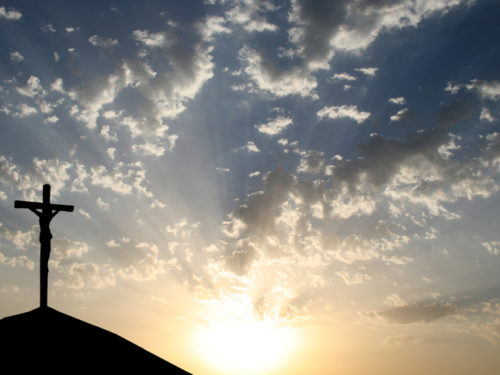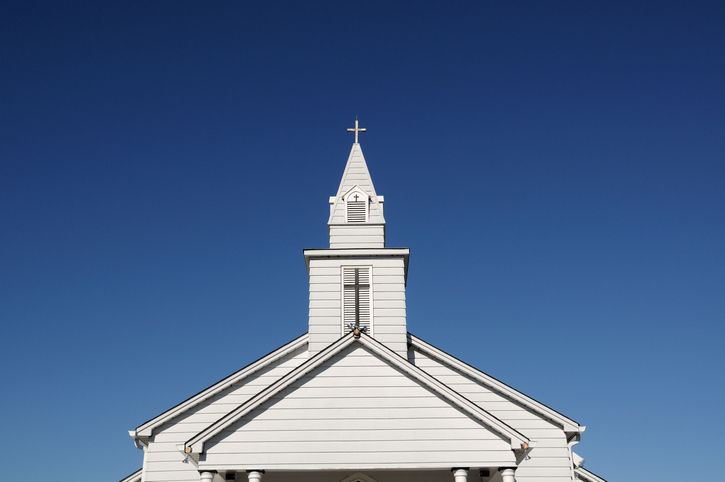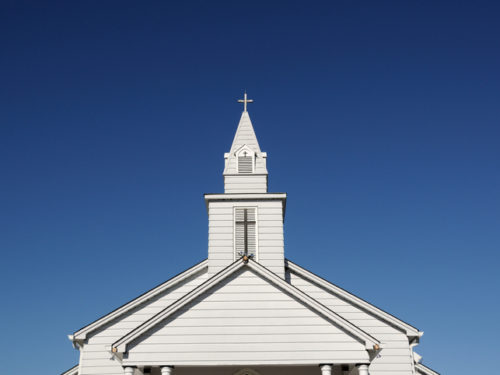 Church Planting
Church Planting
All of us want to participate in something bigger than ourselves, to be connecte...
 Church Planting
Church Planting
By: ECO Team
We didn’t know really what to expect. Kari and I had spent the previous several months preparing for the church planter’s assessment by filling out surveys that shrunk our heads to the size of Lego characters. We expected it to be grueling. We wanted it to be.
Previous experience revealed to us that church planting is much easier to plan and fantasize about than to actually do. God had given us the passion; now we wanted to be confirmed and equipped. How did it go, you ask? It was grueling. It was enlightening. And it was encouraging. Here are a few reasons why:
Church planting does not happen in a vacuum. This is not a “job” in the normal sense of the word. You don’t clock in or out and you do bring your work home with you. If you are married, your spouse will be planting churches right there with you. The assessment process took this reality to heart and the process reflected that. Kari had just as much face time as I did. This allowed us to experience the assessment process together and both come to a common understanding of where we were in our approach to ministry, our vision for Church Planting, and if our marriage could hack it. We left the assessment as a stronger couple and even more committed to the church planting vision God has given to both of us.
When someone first gets that initial vision to plant a church or churches, it seems that Google and Amazon usually get the first say into the matter. Been there, done that. But after years of reading, watching, and listening, Kari and I were interested in actually interacting with real people who were much wiser and who had already traveled the road we were trying to hitchhike onto. We were not disappointed.
The people we met at the ECO church planting assessment were amazing, encouraging, and most of all, experienced. None of them held back expounding on the hard work that church planting entails. The assessment was hands on, which allowed the assessors to see us working in real-world situations. This is a very different experience than just explaining to someone our groundbreaking ideas on how we will plant that perfect church. Notice the sarcasm? Reality check!
I saved the best for last. If anything needs to be said about the ECO church planting assessment process, it’s the never-ending and intense focus upon the Gospel. In all seriousness, what are we really doing if the Gospel of Jesus Christ is not first and foremost on our minds? If Jesus did not come to earth to die an excruciating, substitutionary death in order to satisfy the wrath of a holy God, what’s the urgency? Do we really plant churches because we want to simply increase our evangelical footprint? No. We plant churches because it’s one of the most effective ways to seek and to save the lost.
Will and Kari Ritter enjoy life in rural Idaho with their four children. Will serves as an Associate Pastor at First Presbyterian Church Jerome where Kari is also the Director of Children’s Ministry. They share a great love for Jesus, a passion for the Gospel, and a deep burden for the hurting and unreached people in their community. Having recently attended Church Planting Assessment, they are delighted to pursue new ways of reaching the lost for Christ.
 Church Planting
Church Planting
All of us want to participate in something bigger than ourselves, to be connecte...
 Church Planting, Uncategorized
Church Planting, Uncategorized
GreenHouse (grēn’hous’) = Space to plant, cultivate, and grow On any...
 Church Planting
Church Planting
When business gets in the way I’m coming to realize one of the most exciting thi...